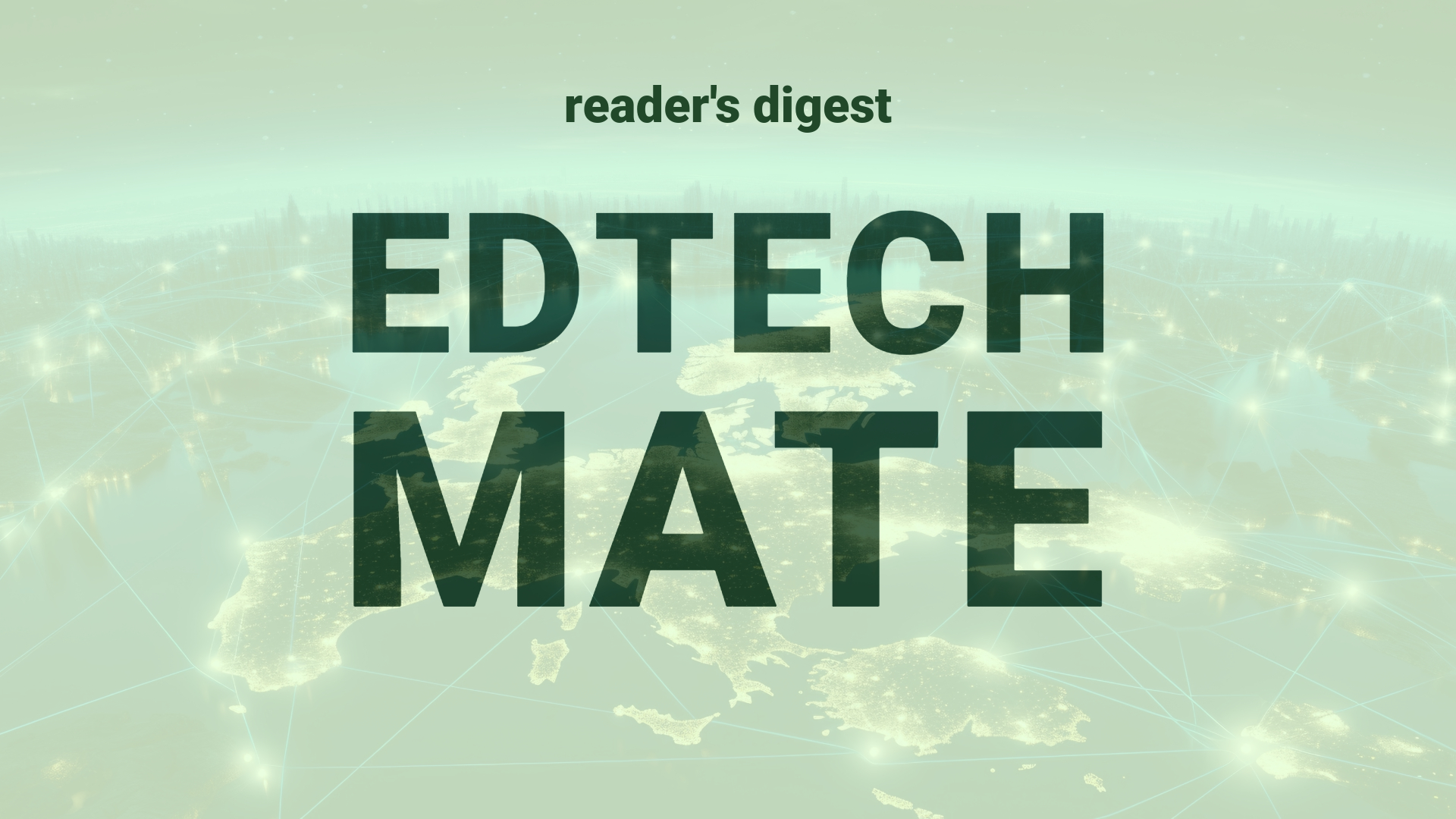Executive Summary and Main Points
Health systems globally are leveraging digital and AI technologies to tackle challenges such as rising costs, workforce shortages, and aging populations. There is a rising expectation for improved digital healthcare services, including telemedicine. Despite the recognition of the importance of these technologies for future sustainability, there is an investment shortfall reported by health system executives. AI and machine learning technologies in healthcare are estimated to potentially save $200 to $360 billion. However, strategic approaches and resource allocation towards digital and AI transformation in healthcare are lacking.
Potential Impact in the Education Sector
Developments in healthcare digitalization and AI can inform and inspire the Further Education, Higher Education, and Micro-credential domains. Embracing digitalization can lead to personalized learning experiences and efficiency in administrative operations. Moreover, strategic partnerships could accelerate digital transformation, driving both innovation and market competitiveness. Technologies that optimize operations, such as AI and data analytics, could similarly revolutionize educational delivery, workforce management, and cost-effectiveness within educational institutions.
Potential Applicability in the Education Sector
Innovative applications from healthcare digital transformation can be translated into the education sector. AI could power personalized student learning plans and predictive analytics to enhance student support services. Adoption of digital tools, such as virtual reality for immersive learning experiences, and the integration of cloud-based platforms can improve accessibility and collaboration among students and educators globally, thereby supporting international education systems.
Criticism and Potential Shortfalls
While digital and AI transformation offers substantial benefits, these come with ethical considerations, data privacy issues, and the potential for widening the digital divide. Comparative case studies in international educational contexts show varied levels of readiness and access to digital tools, which can result in unequal benefit distribution. A critical analysis also reveals the complexities of replacing legacy systems and integrating new technologies into existing educational frameworks without disrupting the learning process.
Actionable Recommendations
To harness the potential of digital and AI technologies, education leaders should engage in collaborative partnerships, similar to the healthcare sector, for access to new capabilities and resource-sharing. Investing in modern data infrastructure and cloud services can set the foundation for integrating advanced digital tools. Furthermore, education systems must undergo structural and cultural transformations to adapt to new ways of working and align with market demands, particularly in global higher education dynamics.
Source article: https://www.mckinsey.com/industries/healthcare/our-insights/digital-transformation-health-systems-investment-priorities

